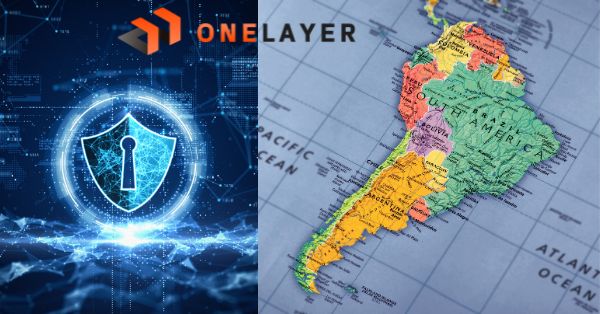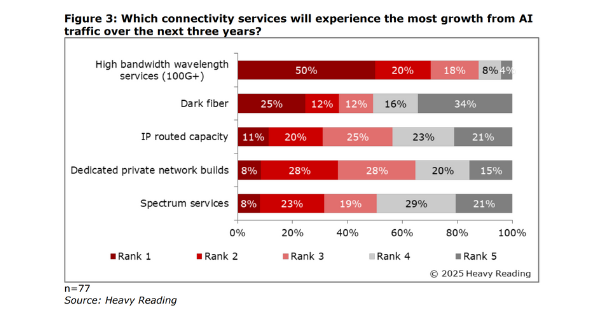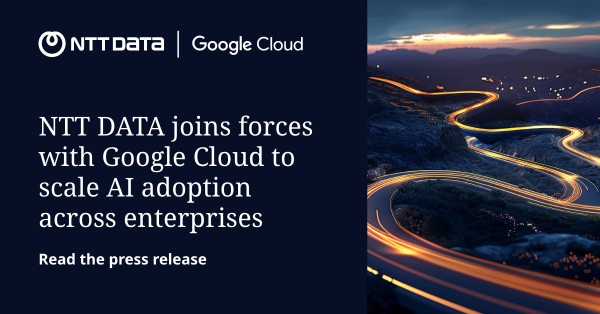Kyndryl’s $2.25B India Investment to Accelerate AI-Led Modernization
Kyndryl’s three-year, $2.25 billion plan signals an aggressive push to anchor AI-led infrastructure modernization in India’s digital economy and to scale delivery across regulated industries.
Investment Highlights: AI Lab, Government Partnerships, Talent and Delivery Expansion
Kyndryl will invest in an AI Innovation Lab in Bengaluru, deepen engagements with the Government of India, and expand talent development and regional delivery to modernize mission-critical IT in the country. The program prioritizes AI, cybersecurity, and hybrid IT modernization for large enterprises and public-sector agencies. It complements Kyndryl’s footprint serving marquee Indian customers such as Bangalore International Airport, Canara Bank, the National Stock Exchange of India, and Honda Motorcycles while aligning to national priorities in digital public infrastructure and AI adoption. The company also plans social-impact skilling initiatives to reach roughly 200,000 beneficiaries, integration with the National Institute of Electronics & Information Technology (NIELIT) portal, and continued support for cybersecurity workforce development with the Data Security Council of India (DSCI). A memorandum of understanding with the Ministry of Commerce & Industry targets AI-assisted regulatory and Ease of Doing Business (EoDB) improvements, and Kyndryl intends to showcase outcomes at the Government of India’s AI Impact Summit in February 2026, including capabilities from its AI-enabled operating platform, Kyndryl Bridge.
Why Now: India’s AI, 5G, and Digital Public Infrastructure Inflection
India is scaling digital-first services rapidly, backed by a mature digital public infrastructure, accelerating 5G and edge deployments, and a deep talent pool. Enterprises face pressure to modernize core systems, secure data under evolving data protection rules, and operationalize AI reliably. Kyndryl’s move combines delivery capacity, local partnerships, and AI operations tooling at a moment when large Indian organizations are shifting from pilots to production-grade AI and platform engineering.
Investment Pillars: AI Lab, Skilling, and Hybrid IT Modernization
The announcement concentrates spend on an AI lab, workforce pipelines, and skilling, and a modernization stack designed to industrialize AI and automation across complex estates.
Bengaluru AI Innovation Lab: Enterprise-Grade AI and AIOps with Kyndryl Bridge
The Bengaluru lab will function as a co-creation hub staffed by data scientists, consultants, and platform engineers to help customers adopt AI in production. Expect showcases in governance transformation, critical infrastructure operations, and cyber resilience, aligned to the INDIAai Mission and culminating in use cases demonstrated at the 2026 AI Impact Summit. The lab extends a model Kyndryl has used in the UK and Singapore, with a focus on enterprise-grade AI patterns, agentic AI for IT operations, and integration with Kyndryl Bridge to drive AIOps, observability, and proactive incident prevention across hybrid estates.
Talent Expansion and Social Impact Skilling Across Tier-2/3 Cities
Kyndryl will continue upskilling employees in AI, cybersecurity, cloud, and platform engineering, while expanding into tier-2 and tier-3 cities to access high-potential talent and build resilient delivery hubs. Partnerships with graduate schools and research centers aim to create new early-career pathways. On the social-impact front, Kyndryl and the Kyndryl Foundation plan to support training for approximately 200,000 learners, integrate advanced skilling content with NIELIT, and extend cybersecurity career programs with DSCI important step to address India’s security talent gap for both enterprises and service providers.
Modernization Stack and Partner Ecosystem for Hybrid Cloud and Security
The investment underwrites a modernization stack that spans hybrid cloud, platform engineering, DevSecOps, resilient systems design, and managed security. For networked and edge-heavy environments, Kyndryl can bring integration experience across data centers, campus networks, and OT interfaces, supported by alliances with network vendors and hyperscaler ecosystems. Its collaboration with Nokia, for example, targets enterprise data center network modernizationrelevant as customers rationalize network fabrics for AI workloads, observability, and zero-trust architectures.
Impact on Telecom, 5G, and Edge: Operationalizing AI at Scale
The move strengthens Kyndryl’s role as a neutral integrator for carriers and enterprises seeking to operationalize AI across distributed, regulated, and latency-sensitive environments.
For Carriers and Neutral Hosts: AI-Driven Assurance and Network Automation
As Indian operators advance 5G standalone, private wireless, and edge services, the need grows for cloudified cores, containerized network functions, AI-driven assurance, and lifecycle automation. Kyndryl’s AI lab and Bridge platform can help close the gap between lab PoCs and field operations by improving Site Reliability Engineering, energy optimization, and anomaly detection across multi-vendor networks. Neutral-host and fiber players can leverage these capabilities to accelerate service activation, SLA visibility, and predictive maintenance across large distributed footprints.
For Enterprises and Public Sector: Secure, Compliant AI Platforms
Airports, banks, exchanges, healthcare, and manufacturing require reliable platforms that meet data residency and compliance demands while enabling AI at scale. Kyndryl’s combination of hybrid IT modernization, cyber resilience, and AI operations is aimed at reducing operational risk while lifting automation levels in core systems. For agencies building on India’s digital public infrastructure, the MoU on EoDB and governance use cases positions Kyndryl to co-develop AI-enabled workflows, from process simplification to regulatory analytics and service delivery.
Next Steps for Technology Leaders: From Pilot to Production AI
Enterprises should use this investment window to accelerate AI-enabled modernization with strong guardrails and measurable outcomes.
CIO/CTO Actions: Platform Engineering, AIOps, Governance
Prioritize a portfolio view of AI in production: map high-value workflows, identify data readiness gaps, and define reliability SLOs before scaling. Engage the Bengaluru lab for rapid co-creation on platform engineering, MLOps, AIOps, and cyber resilience patterns. Evaluate Kyndryl Bridge for cross-cloud observability and closed-loop automation. For network-heavy estates, align data center and edge network modernization with AI workload placement and zero-trust plans. Build a clear governance model covering model lifecycle, safety, auditability, and incident response.
Procurement and Risk Checklist: SLAs, Data Sovereignty, Safety Guardrails
Set outcome-based SLAs tied to availability, MTTR, and cyber posture improvements. Clarify IP rights and data localization controls across hyperscaler and on-prem domains. Ask for explainability and safety guardrails for agentic AI in operations. Ensure exit and interoperability clauses to avoid platform lock-in. Track timelines tied to the EoDB program and AI Impact Summit 2026 to pace milestones and accountability.
Execution Risks and Mitigations for AI-Enabled Modernization
Delivery at this scale hinges on talent, security, and regulatory clarity across complex, multi-stakeholder environments.
Talent and Delivery Capacity: Building Certified, Co-Located Teams
The battle for AI and platform engineering skills is real. Kyndryl’s tier-2/3 expansion and university partnerships can help increase throughput, but customers should request named teams, certification plans, and a bench strategy. Co-locate critical roles for early sprints to accelerate knowledge transfer and reduce rework.
Regulatory and Security: Data Protection, Resilience, Red Teaming
Evolving data protection rules and sectoral regulations require explicit controls for sensitive workloads. Insist on data sovereignty options, encryption-by-default, and transparent model/data lineage. For critical infrastructure, align resilience designs to industry frameworks and conduct red-team exercises that include AI-enabled attack scenarios.
Outlook: Kyndryl’s Role as a Scale AI Integrator in India
Kyndryl’s India investment positions the company as a scale integrator for AI-era infrastructure while intensifying competition with global and Indian service providers.
Bottom Line: Industrialize AI and Modernize Core Platforms by 2026
The $2.25 billion commitment, anchored by the Bengaluru AI lab and tied to governance and skilling programs, should accelerate enterprise-grade AI and hybrid modernization across India. Expect more co-created reference architectures, deeper public-sector engagements, and tighter integration with network and cloud partners through 2026. For telecom and large enterprises, this is a timely opportunity to industrialize AI, modernize core platforms, and raise operational resilienceprovided programs are governed with clear metrics, strong security, and a pragmatic path from pilot to production.






























